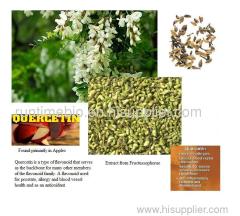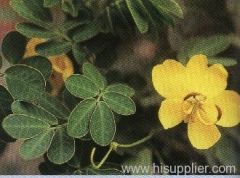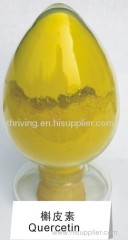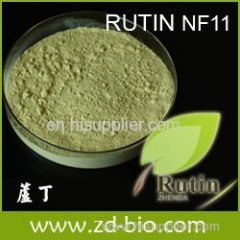| Action and Uses | This plant pigment is an antioxidant, and thus may help fight cell-damaging free radicals. (But like other antioxidants, it may also act as a pro-oxidant—that is, have the opposite effects and actually become a free radical—under some circumstances.) Lab studies suggest that it may have anti-cancer effects, help prevent heart disease by reducing the oxidation of LDL ( "bad" ) cholesterol, and act as an antihistamine.Specifically, it may help treat or even prevent prostate cancer by blocking male hormones that encourage the growth of prostate cancer cells, according to preliminary laboratory research at the Mayo Clinic. In another study, men with an inflamed prostate (prostatitis) reported reduced urinary symptoms when they took quercetin. Population studies have found that people with high intakes of foods containing quercetin and other flavonoids tend to have lower rates of heart disease and lung cancer. Several studies have linked a high intake of apples (rich in quercetin and other flavonoids) with improved lung function and a lower risk of certain respiratory diseases, such as asthma, bronchitis, and emphysema. |










